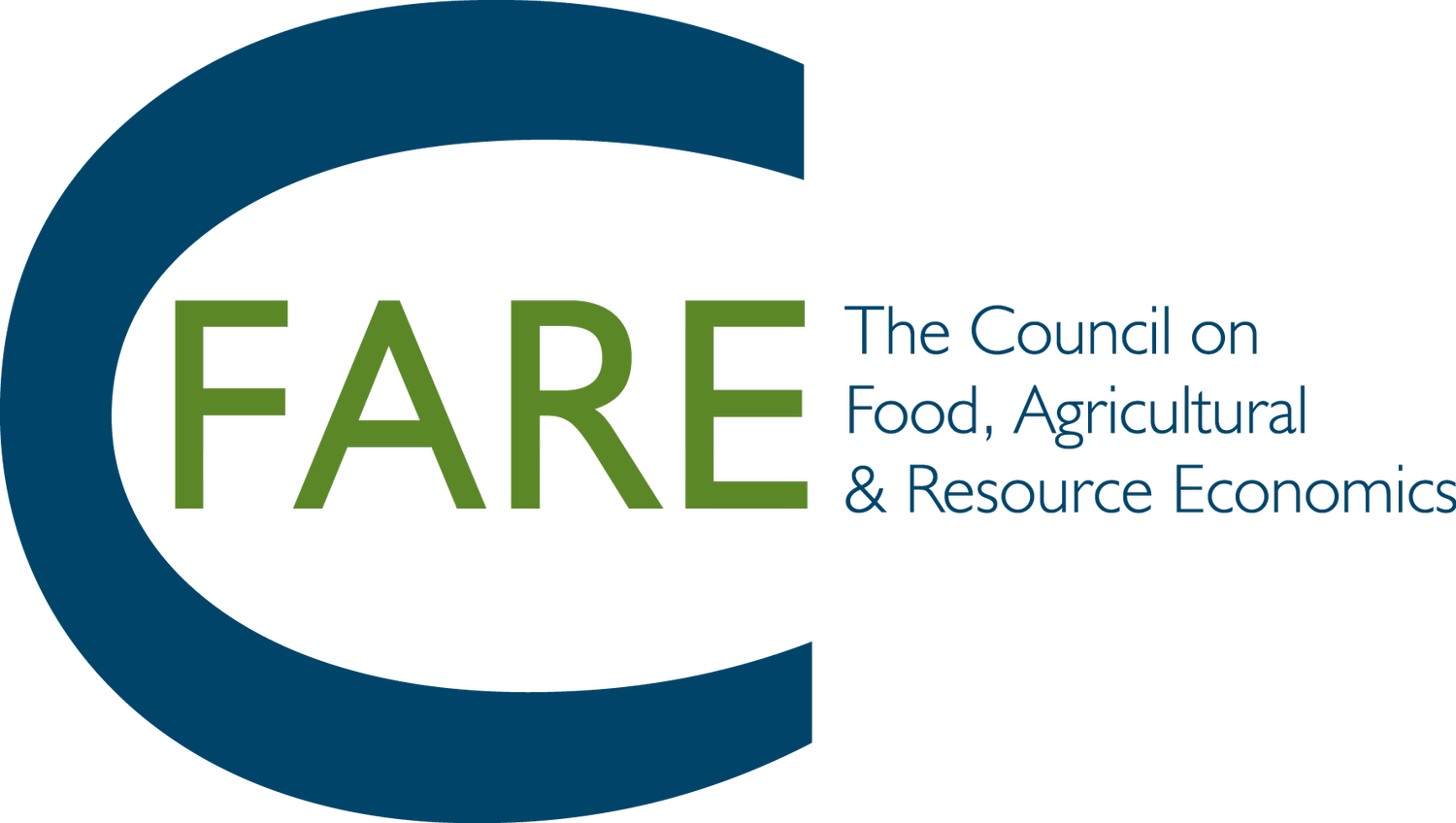Building Trust in Data for Research and Decision-Making in Food and Agriculture
Lauren Chenarides, C-FARE Board Member and Assistant Professor, Colorado State University
Julia Lane, Professor Emerita, New York University
Trusted data are essential for high-quality research and decision-making by the food and agricultural research and extension communities. Yet our community data ecosystem has been shaken by the removal of important federally produced datasets and tools used by researchers, practitioners, and decision makers. There is an abundance of other data produced by new digital technologies that could be used to study agricultural sustainability, economic opportunity, and natural resources. But there is substantial uncertainty about what data can be trusted for such foundational research on these issues.
It is time to reflect on what it means for data produced by entities other than federal agencies. At a minimum, trusted data must be produced in ways that are accessible, accurate, transparent, and well-documented—but that alone is not sufficient. Data must also be fit for purpose: they are trusted when they can be used to answer specific questions and support decisions with confidence. That means being timely and relevant to the context in which they are applied. For example, a researcher studying food access may need localized retail data, while another looking at SNAP participation may need administrative records that capture variation in eligibility and enrollment. The same dataset might be useful in one setting but insufficient in another, and yet both needs center around a common goal of understanding drivers of food security. That distinction—between data that are available and data that are usable for a given task—is central to the conversation on trusted data.
The Challenge We Face
Recent legal actions explicitly identify the community’s concerns of the consequences of losing trusted federal data. For example, the Northeast Organic Farming Association of New York, the Natural Resources Defense Council, and the Environmental Working Group jointly filed a lawsuit against the US Department of Agriculture (Case 1:25-cv-01529) over the removal of climate-focused web content without public notice, citing violations of the Administrative Procedure Act, Freedom of Information Act, and Paperwork Reduction Act. Similar lawsuits have been filed against the Environmental Protection Agency, Council on Environmental Quality, Department of Energy, Department of Transportation, and Federal Emergency Management Agency for removing tools used to assess climate change risk, environmental justice, and energy affordability (Case 1:25-cv-01112).
More broadly, researchers and decision-makers across the agricultural and food sectors have historically depended on trusted federal data for many reasons. Researchers use climate and hydrological data to model the impacts of climate change on water sheds and how that might affect future water supply. Farmers and producers, in turn, draw on these insights to guide decisions about planting, irrigation, and resource use. When this data disappears, or becomes unavailable, it limits the ability to monitor trends, evaluate risks, and make informed decisions across the food and agriculture system.
The challenge that we must address is how to develop practical new approaches to developing measures of trust, data access, and community infrastructure so that high quality empirical work can continue in the future.
Help Shape The Conversation
This June, C-FARE will host a webinar Envisioning food and agricultural data for the future: Developing a new roadmap for trusted data. The webinar will explore what it means for data to be trusted from a range of perspectives. Presenters will highlight new tools, like the Democratizing Data Food and Agricultural Research Data Usage Dashboard, and new ideas, like ExtensionBot, as part of their ongoing work to build data infrastructures that are not only accessible, accurate, transparent, and well-documented—key elements of trusted data—but also fit for purpose: relevant, responsive to user needs, and—now more than ever—resilient.
Building a Roadmap: Ideas from the C-FARE Community
The webinar will discuss how trusted data might be defined in practice, and what it might take to build data systems that are resilient, responsive, and aligned with the evolving needs of their users. Webinar participants will have the opportunity to review new tools that have been developed, and to share ideas and contribute to a community-driven roadmap for improving the accessibility, transparency, and utility of food and agricultural data.
We want your voice to be heard. Please take a few minutes to complete a short, anonymous, five-question questionnaire by June 16, 2025. Your input will inform the webinar discussion.
Stay involved. Complete this form to join a Building Trust in Data Working Group.
